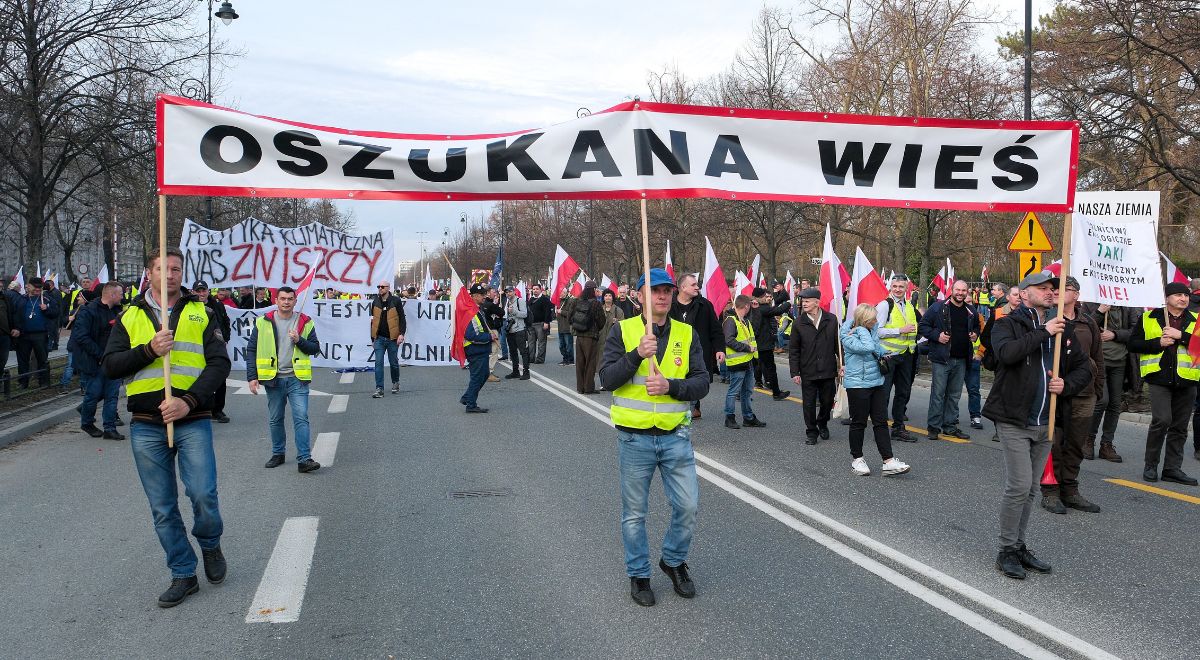Рада Євросоюзу остаточно затвердила директиву, мета якої – стандартизувати для всіх країн євроблоку правила переслідування за порушення або обхід санкцій у Європі. Відповідний документ було оприлюднено на сайті Ради ЄС в п’ятницю, 12 квітня.
Директива визначає, які самі порушення у санкційній сфері є кримінальними злочинами. Також визначає покарання для порушників, як фізичних так і юридичних осіб.
Згідно з документом покарання передбачається за такі дії:
- торгівля підсанкційними товарами;
- співпраця з країнами та організаціями, проти яких ЄС запровадив обмежувальні заходи;
- допомога персонам, проти яких введено санкції, в обхід заборони на поїздки;
- надання фінансових послуг або здійснення фінансової діяльності, яка є забороненою або обмеженою;
- приховування володіння коштами чи економічними ресурсами фізичним, юридичним чи органом, які перебувають під санкціями ЄС.
Покарання загрожує не тільки тим, хто скоїть вказані вище дії, а й тих, хто допомагатиме або підбурюватиме до їх скоєння.
Директива Євросоюзу визнає торгівлю військовими матеріалами кримінальним злочином, якщо вона виконана умисно, а також у випадках грубої недбалості.
Фізичних осіб, що скоїли злочини у санкційній сфері, очікує покарання у вигляді позбавлення волі строком до 5 років. За умови, що їх дії стосуються активів на суму понад 100 тис. євро.
Для компаній передбачені різні види покарання – монетарні та не монетарні. Так порушникам можуть скасувати дозволи, позбавити прав на пільги, оштрафувати, або ліквідувати у судовому порядку.



